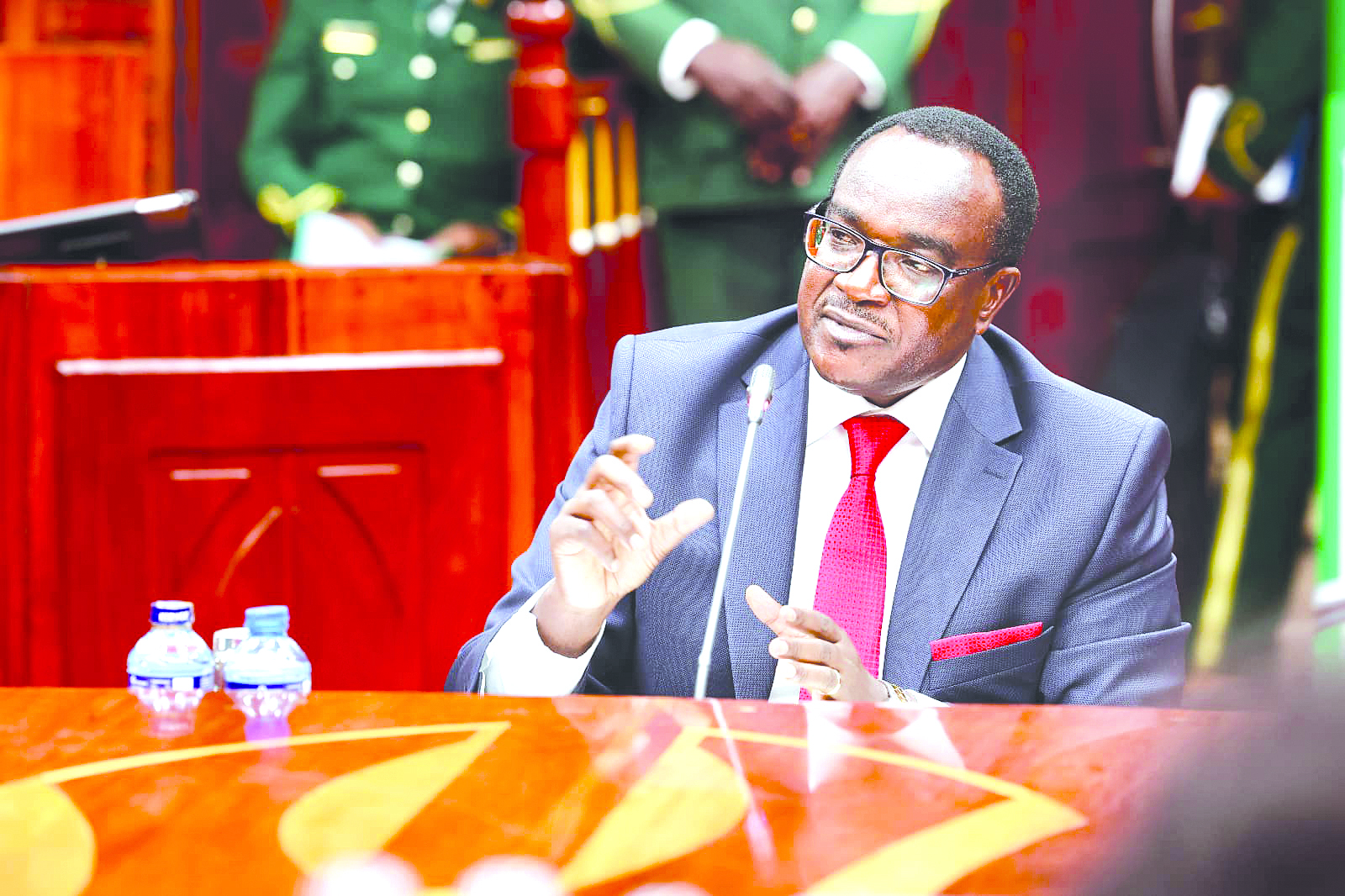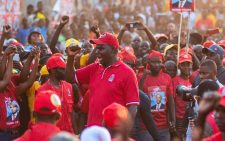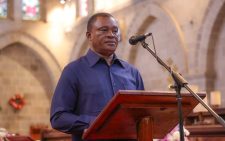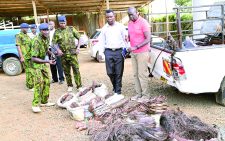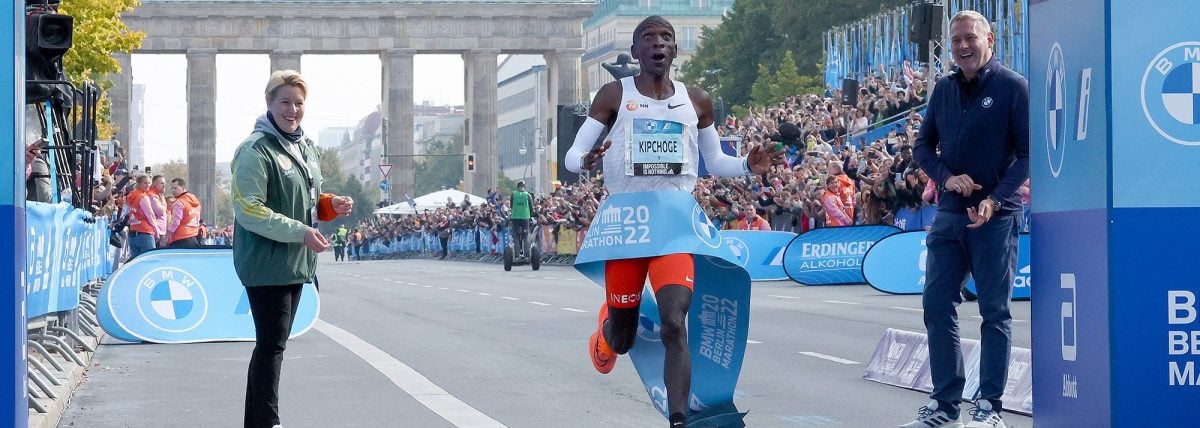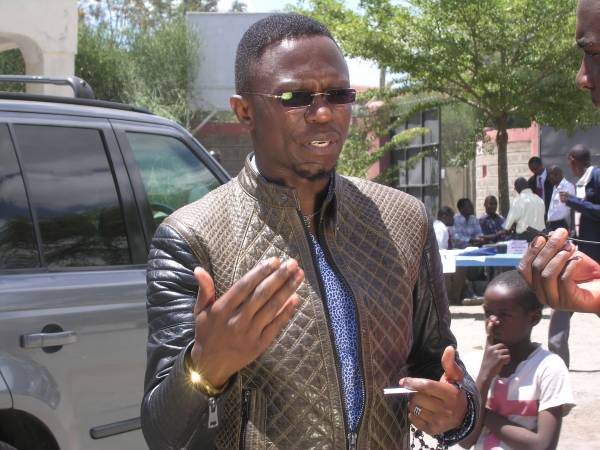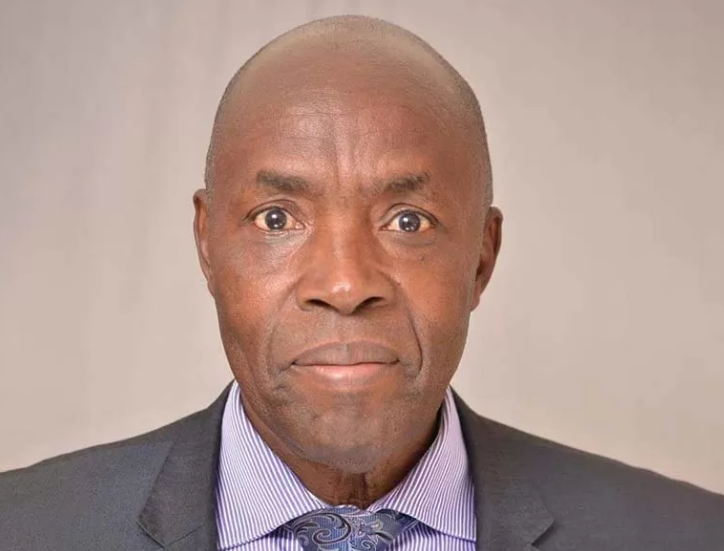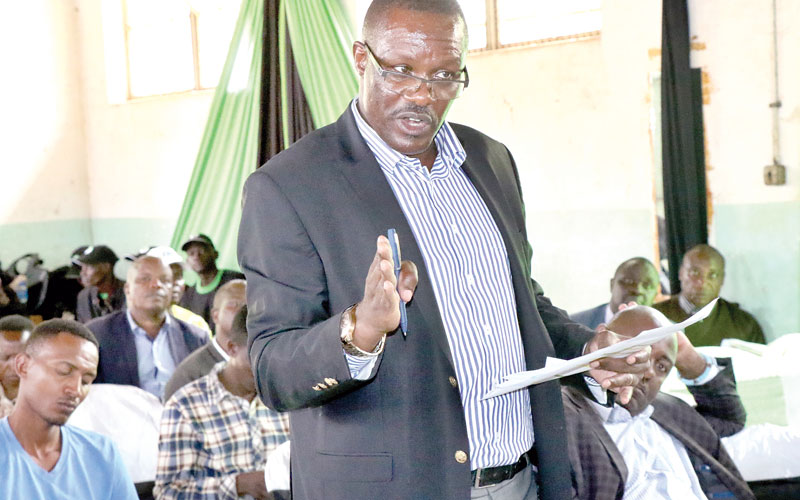Nine queries will make or break poll petitions, says CJ
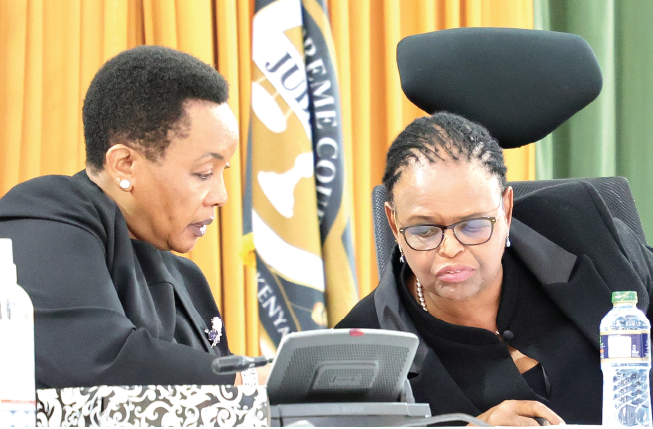
The question of whether President-elect William Ruto attained the constitutional threshold of 50 per cent plus one of the votes cast is among nine key issues that will determine the presidential election petition pending before the Supreme Court this week.
During the pre-trial hearing yesterday, the seven judges of the apex court, led by Chief Justice Martha Koome, outlined the nine issues they will dwell on during the three-day-marathon session that opens this morning.
This followed the consolidation of seven petitions which were found to be raising similar issues in regard to the Independent Electoral and Boundaries Commission’s (IEBC) conduct of the presidential election and declaration of William Ruto as president-elect.
Addressing the court, CJ Koome announced that nine issues were raised in the seven petitions filed by Azimio flagbearer Raila Odinga and his running mate, Martha Karua and several other petitions.
Technology used
Another issue that the court will decide on is whether the technology IEBC deployed met the standards of integrity, verifiability, security and transparency to guarantee accurate and verifiable results as sought by most petitioners, led by Raila and Karua and Busia Senator-elect Okiya Omtatah.
The court is also expected to address the issue of whether there was interference with uploading and transmission of forms 34A from polling stations to IEBC’s public portal and whether there was a difference between forms 34A uploaded in the portal and those received at the National Tallying Centre at Bomas, and forms 34A issued to agents at polling stations, as claimed by Azimio.
The apex court is also to address the issue of whether there were unexplained discrepancies between the votes cast for presidential candidates and other positions.
Additionally, the seven judges are expected to make a finding on whether the postponement of gubernatorial elections in Kakamega and Mombasa counties; parliamentary elections in Kitui Rural, Kacheliba Rongai and Pokot South Constituencies; and electoral wards in Nyaki West in North Imenti constituency and Kwa Njenga in Embakasi South constituency, resulted in voter suppression to the detriment of Raila and Karua.
One other issue the court is to determine is whether IEBC carried out verification, tallying and declaration of results in accordance with the provisions of Article 138 (3c) and Article 138 (10) of the Constitution, and whether there were irregularities of such magnitude as to affect the final results.
Judges framed the core issues after perusing the detailed petitions lodged in court seeking to have the election of Ruto as the next president invalidated.
Most of the petitions want the court to overturn the election results on the grounds that IEBC and its chairman, Wafula Chebukati, made the decision without tallying and verifying results from 27 constituencies.
According to Azimio, on Friday August 12, nefarious actors accessed the results’ portal where downloading, deleting and uploading of forms was done, and this led to interference with the election outcome.
An affidavit by Benson Wesonga, an IT expert for Azimio, says that his analysis of the portal shows that someone logged onto the site numerous times and deleted and uploaded files from polling stations.
Another affidavit by lawyer Arnold Oginga says the IEBC was still deleting and substituting forms 34A and 34B in the portal, giving different results from the ones Chebukati used to declare Ruto the winner.
“The 1st respondent is substituting forms 34A and 34B with new or different ones containing different results from what they had initially posted and which were used as a basis for result declaration,” the affidavit reads.
At the same time, Omtatah’s petition challenged the validity of the presidential results and sought that it be quashed, as well as the declaration of the president-elect and the deputy president-elect be set aside.
He argued that none of the candidates for the top seat attained the 50 per cent plus one vote constitutional threshold. Also, he claims that tabulation of the presidential results was mathematically incorrect, and that there were at least 140,028 untallied votes.
“We seek for an order quashing the results of the presidential elections announced by the chairman vide Form 34C dated August 15, 2022, quashing Form 34D (the election certificate) issued to the purported President-elect,” he says.
He is also seeking a declaration “that at least 140,028 number of untallied votes substantially affects the final results to the extent that none of the four candidates meets the 50 per cent plus one vote constitutional threshold.”
Struck out
According to the seven judges, they will base their ruling on the nine issues raised in the petitions when delivering their verdict on Monday. Their decision to frame these issues came after they announced that petitions by former Gatundu South MP Moses Kuria and former Mbere MP Geofrey King’a ng’i and gospel artist Rueben Kigame be struck out.
The two former MPs had petitioned the court to dismiss the case by Raila for allegedly masterminding the chaos that rocked Bomas tallying centre during the declaration of results. The Chief Justice also gave the ground rules to be followed during the hearing of the case expected to kick off today, where the court directed that the main petitioners’ legal team, led by Zehrabanu Janmohamed, James Orengo and Paul Mwangi, be allocated three hours to make their case while the supporting petitioners were allocated 30 minutes each.
However, the main respondents — namely President-elect Ruto and his running mate, Rigathi Gachagua, IEBC, and its chairman’s legal team, led by Fred Ngatia and Githu Muigai, respectively, were allocated three hours each.
The Attorney General through Emannuel Bitta will get 30 minutes.
IEBC commissioners who disagreed with the declaration of Ruto as president-elect — Juliana Cherera, Francis Wanderi, Irene Cherop and Justus Nyang’aya — were allocated an hour each to make their submissions after the court included them as respondents.
The judges also sought to have the parties in the proceedings conduct themselves with decorum. “We are requesting that parties and advocates observe punctuality with the time allocated for us to start the proceedings and time allocated to them for submissions. We also expect the lawyers to continue to be respectful to the court,” CJ Koome said.
She also barred parties participating in the proceedings from discussing the merits and demerits of the case outside the court. “We still have the power under section 28 of the Supreme Court Act to cite such parties who are in violation of the provision,” Koome said.
She also noted that the court will not grant an extension of time during the hearing. Neither will any extra time be shared by litigants. Instead, it will revert to the court. “Once a party has exhausted the allocated time, the microphone will be switched off. If there is time that is unspent by the counsel, the time belongs to the court. We will not allow anybody to donate, but revert it to the court for it to share it out accordingly,” she explained.
The hearing of the petition proper will start today at 9am.

